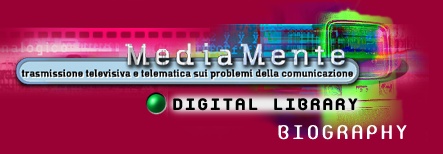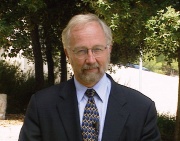 |
 |
Interview
BiographyJohn Gage (john.gage@sun.com) attended the University of California, Berkeley, the Harvard Kennedy School of Government, and the Harvard Graduate School of Business. He did doctoral work in mathematics and economics at the University of California, Berkeley. He left Berkeley in 1982 with Bill Joy to found Sun Microsystems. Sun is now an eight-billion dollar company leading the world in scientific workstations, servers, and supercomputers. Gage is currently the Director of the Science Office of Sun Microsystems, responsible for Sun's relationships with world scientific and technical organisations, for international public policy and governmental relations in the areas of scientific and technical policy, and for alliances with the world's leading research institutions and laboratories. In 1995, Gage created NetDay, a volunteer project to bring the resources of world high-technology companies to all schools and libraries in order to connect them to the Internet. In 1996 and 1997, over 250,000 volunteers have wired over 30,000 schools and libraries in the United States. NetDays took place in over forty countries in 1997 and 1998. Gage is the host of a
world-wide satellite television program, SunErgy, that explores the frontiers of
computing, networking, science, and mathematics. Over twenty-five broadcasts are available
from http://www.sun.com/sunergy |
|
|||
| He is a member of the American Mathematical Association, the Association for Computing machinery, the IEEE, and the Society for Motion Picture and Television Engineering. He is also a member of the board of Unicode Consortium, which brings together leading software industry corporations including IBM, Microsoft, Apple and Novell, with the aim of standardising international character encoding. |  |
